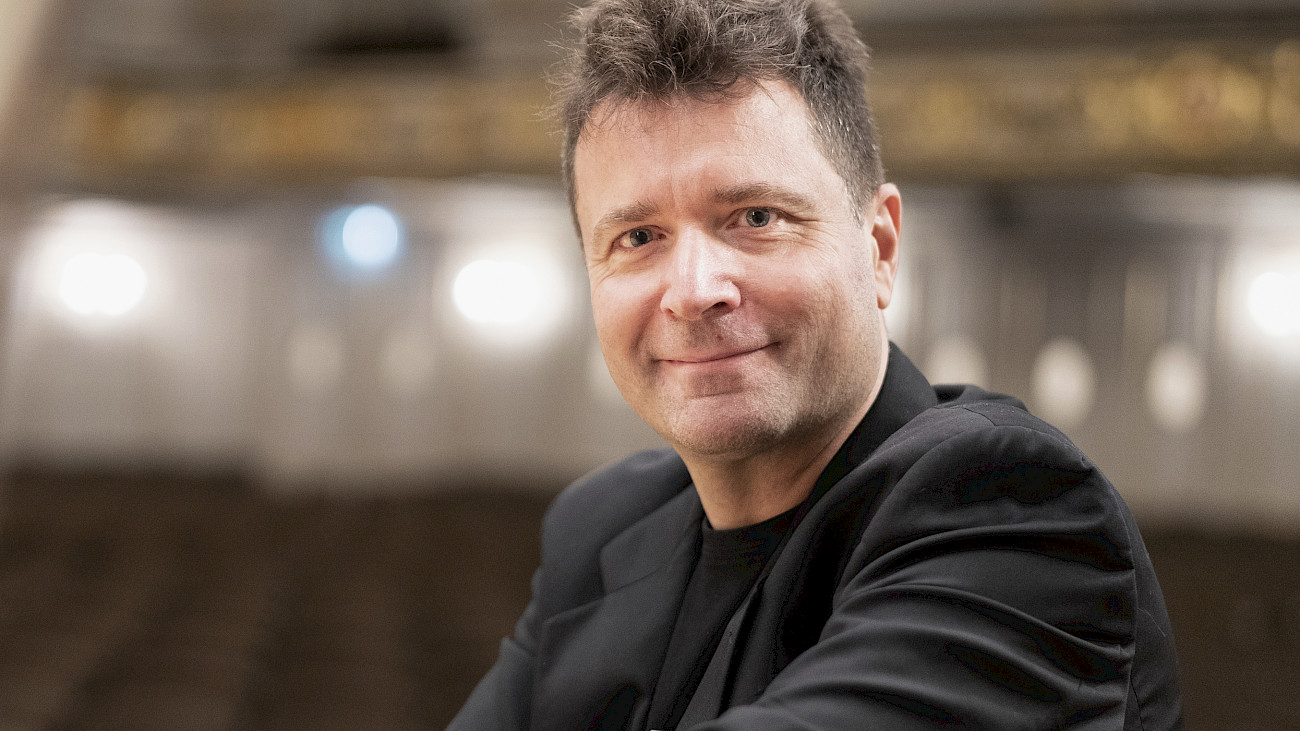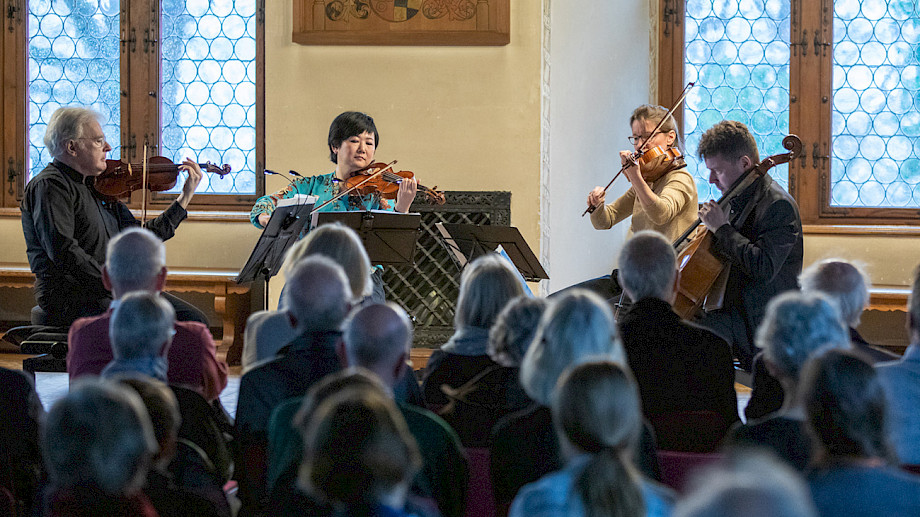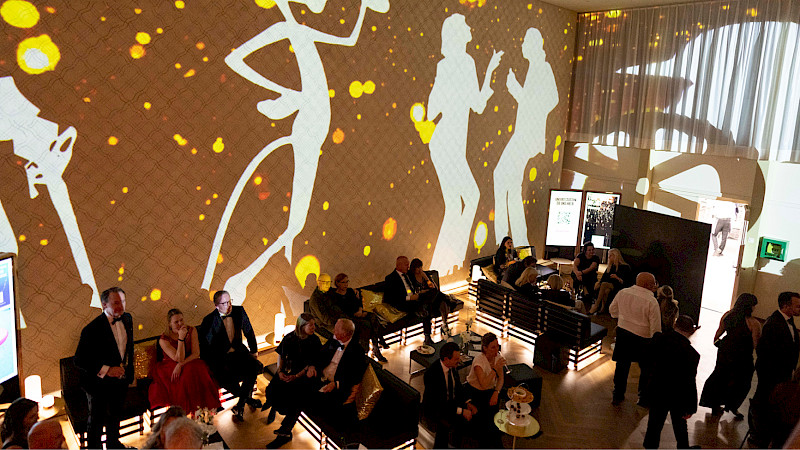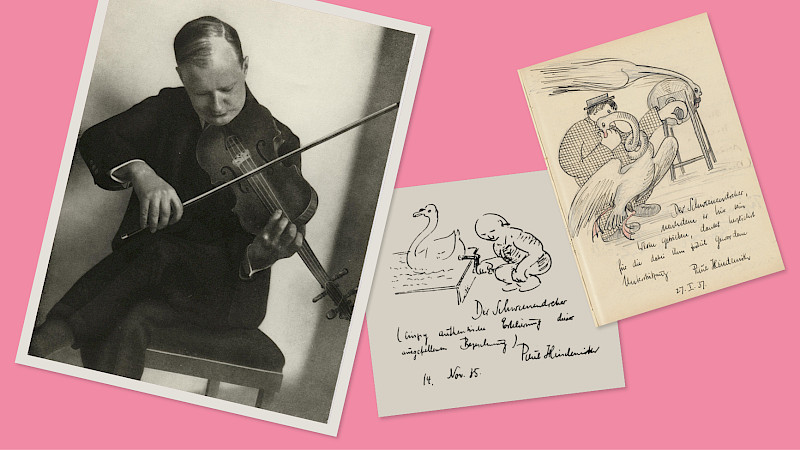
Kabardian Encounters
The festive matinee on Easter Monday takes us east. Mattia Zappa, cellist in the Tonhalle-Orchester Zürich, talks about his relationship with Georgia and the background to this programme.
Mattia, this will be a personal concert. You have been travelling in the Caucasus and Georgia.
I was able to discover Georgian culture last year in Tbilisi as part of a dance production. The people have a friendly and warm interaction with each other, Georgian culture is very rich and I felt incredibly comfortable there. In the summer I will return for duo concerts with the pianist Irina Vardeli. My former, now retired, colleague David Goldzycher, has also travelled the country and put together this concert programme. We are on fire.
On the programme is the String Quartet No. 4 by Alexi Matshavariani. Who was he?
Alexi Matshavariani was a friend of Dmitri Shostakovtian and one of the most important Georgian composers of the 20th century. He and Sulchan Tsintsadze, who is also on our programme, were directors of the National Conservatory of Music in their day. Today they are Georgian national heroes. My ensemble colleague David Goldzycher met Matshavariani's son and was shown unpublished sheet music. Little pearls. This encounter further inspired our programme. In Matshavariani's string quartets, I can relive the atmosphere that reminds me of my time in Georgia. Because of our personal experiences, we have the ambition to reproduce this music authentically.
How do you experience this music?
For a string quartet, this is not common concert repertoire. I find it very inspiring. The music we have chosen is partly based on folk material. The works by Alexi Matshavariani and Sulchan Tsinzadze reflect their great love for their homeland, for their country, and also a certain melancholy. «Suliko», for example, denotes both a movement in Matshaviani's String Quartet No. 4 and one in Tsinzadze's «Miniatures». «Suliko» originally refers to a funeral dirge. There is also a metaphorical level in these compositions: Georgia has a past of occupation. In «Suliko», the mourning over the suffering and political oppression in the homeland is expressed.
You draw a thematic bow to a third work: Sergei Prokofiev's String Quartet No. 2 «on Kabardinian themes», as it says in the addendum. What is this all about?
Prokofiev lived in the Caucasus during the Second World War. As a composer of national standing, this was to protect him from the political upheavals and dangers of war. During this time, he explored the rich folkloric music and incorporated the rich choral tradition into his own compositions. The string quartet is a very complex work, incredibly beautifully and intelligently constructed; for me it is a masterpiece. You find the whole universe in it, different facets of human whims and emotions. In the live concert you will see and hear the construction of the work, the complex alternation of violins, viola and cello. The work bubbles with energy and beauty, but is quite difficult to play. As a quartet musician, you have to have completely internalised the score to know exactly what is happening around your own voice. And to get to that point, we have already performed the programme in other venues. I am very much looking forward to the concert and this musical journey to the Caucasus together with my Tonhalle-Orchester colleagues.






